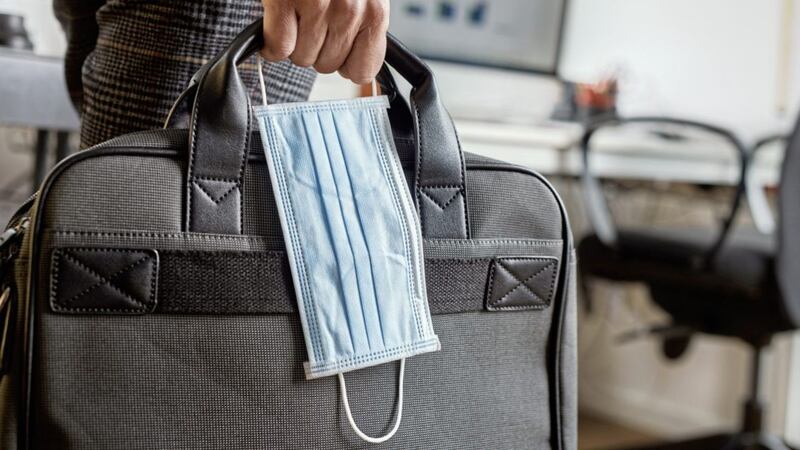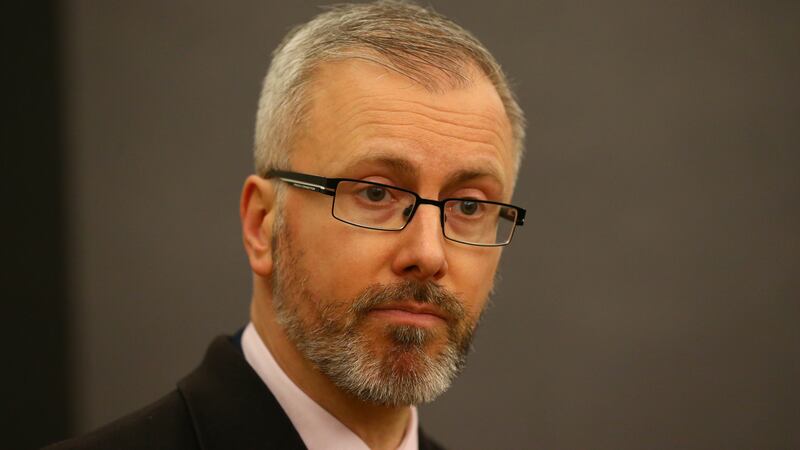The Covid-19 pandemic has not gone away, Micheál Martin has warned.
The Taoiseach told the Dáil today, a day after his government delivered a 4.7 billion euro Budget, that people should not be complacent in the face of rising Covid-19 cases.
Mr Martin said the country had seen a increase in the number of new cases over the last week, as well as an increase in hospital and ICU admissions.
Yesterday, a further 1,466 cases of Covid-19 were confirmed in the Republic of Ireland.
There are 402 Covid-positive patients in hospital, with 73 in intensive care, according to the latest figures.
“The pandemic has not gone away and it requires all of us to continue to be careful,” Mr Martin said.
He said that it was rare that a health initiative was the most important measure underpinning a government Budget.
The Republic of Ireland has among the highest rates of vaccine uptake in Europe, with more than 90% of adults fully vaccinated.
“We must still be vigilant and we must avoid complacency,” Mr Martin told TDs.
“There are too many adults still unvaccinated.”
Offering a defence of the government’s Budget, Mr Martin said that his ministers had worked to deliver a way out of the pandemic.
“Our focus has been on saving lives and protecting the ability of our economy to restore jobs and return to growth,” said.
However, he said the emergency financial support introduced to tackle Covid-19 could not last forever.
He accused some opposition parties of believing this support could continue indefinitely.
“Such an approach is deeply wrong and based on the false premise that emergency interventions are a model for permanent interventions,” Mr Martin said.
“This level of support is manifestly not sustainable and we must now move to the next phase, where the finite resources that the Government can deploy are targeted at those who need them most.”
Mr Martin said that achieving stable finances was crucial.
“Should a new or unforeseen crisis hit, or if we encounter another Covid shock, we will be in a better position to respond.”








